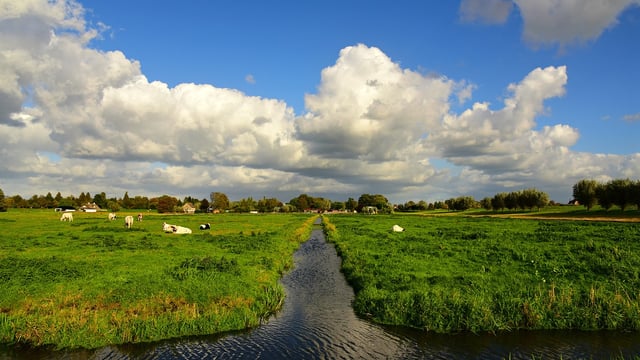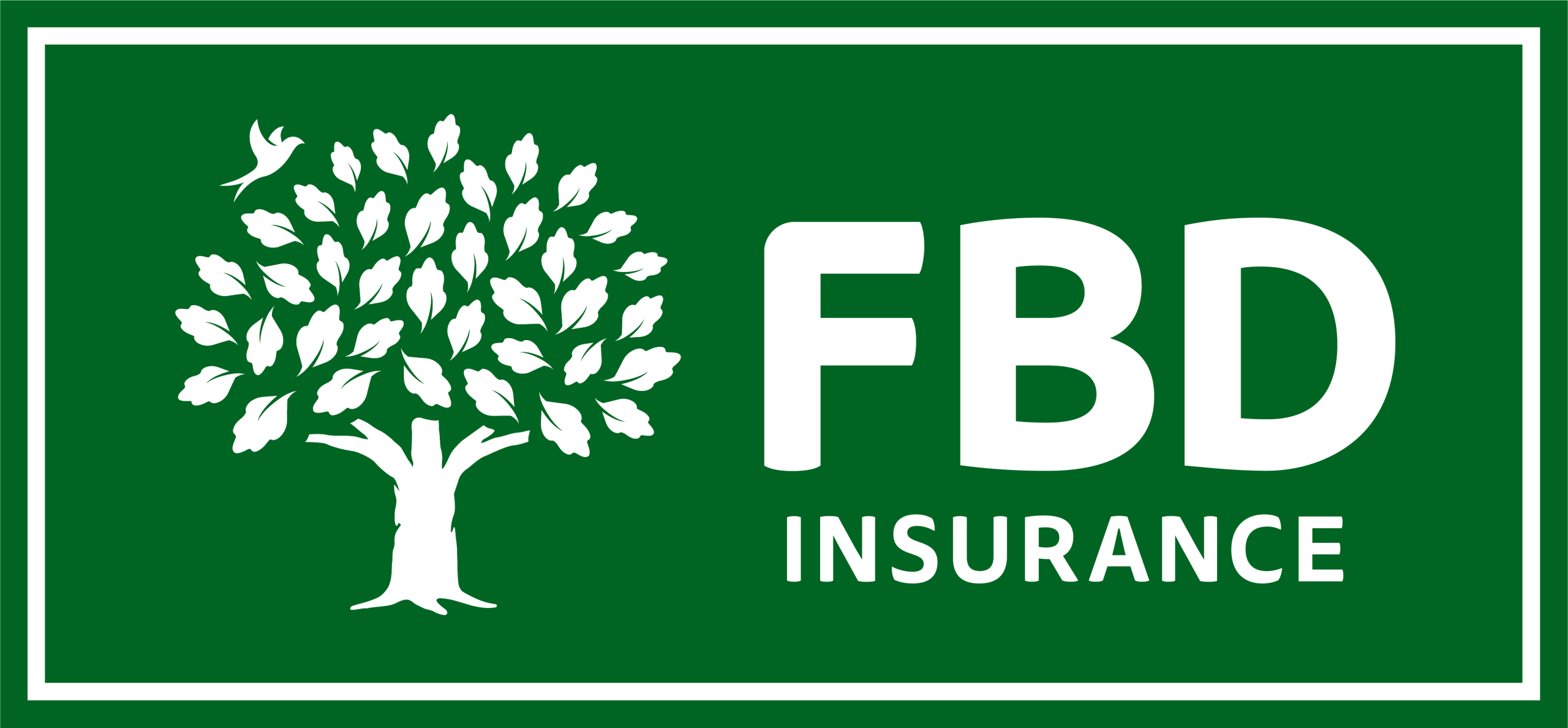Senator calls on farmers to register to vote
Independent Senator, Victor Boyhan has called for national cleanup of the electoral registers this summer, in advance of the presidential election in the autumn (2025).
According to Senator Boyhan, the election is expected to take place in October. He said that the next president is expected to be inaugurated on November 11, 2025.
In order to vote in the election, citizens must be registered to vote, 18 years old, or older, on the day of the election, and a resident of Ireland.
Local authorities have responsibility for keeping electoral registers up to date and for promoting citizen engagement to register.
Senator Boyhan said: "The old-style door-to-door field work where council official gets out on the ground and engages with citizens is proven to be the best way to get the information necessary to update the electoral register, it's simple and it works”
"Local authorities need additional funding to undertake this task, then funding from central government should be forthcoming," he added.
The senator has called on farmers, and people living in rural communities, to check the electoral register to ensure their names are correctly entered on the register of electors.
"The National Ploughing Championships in September also present an opportunity to drive home the importance of checking the register of electors," Senator Boyhan said.
"I hope An Coimisiún Togcháin will fully avail of that opportunity in its vital work in promoting the electoral processes in our democracy," he added.
Senator Boyhan
Separately, a report commissioned by the Drinks Industry Group of Ireland (DIGI) has found that since 2005, 2,119 pubs – an average of 112 per year – have permanently closed.
The report found that one in four of the public houses open in 2005 no longer existed in 2024.
According to DIGI, a reduction has been recorded in every county in Ireland, with rural areas the “most severely” affected
The DIGI highlighted that it forecasts a further 600-1,000 pubs will close over the next period, due to a “very difficult environment” of higher costs, economic uncertainty, and changing consumer trends.





